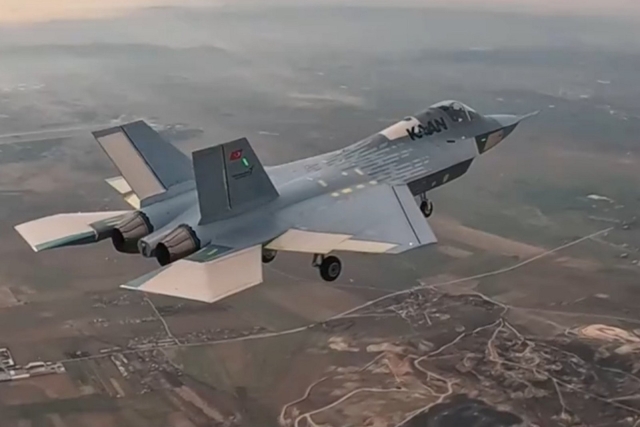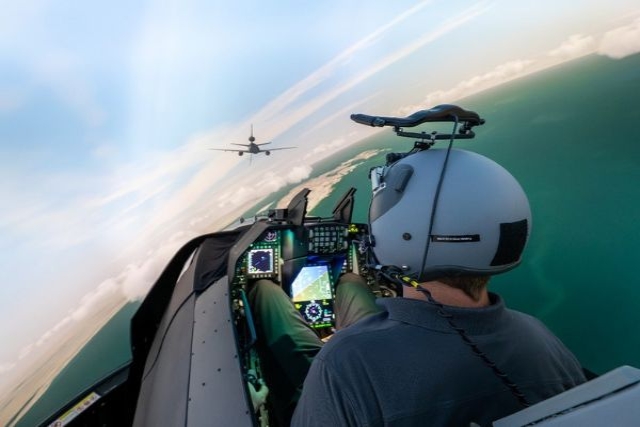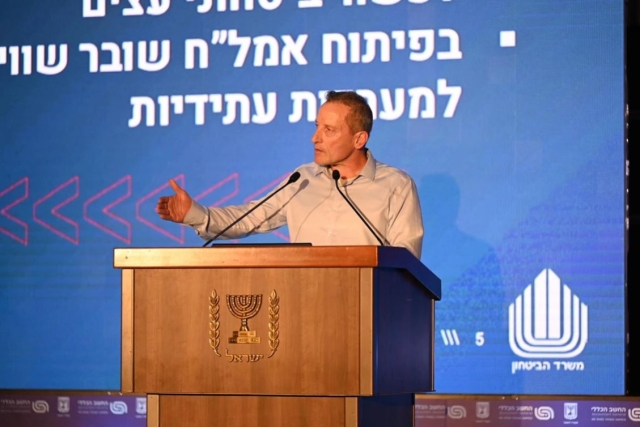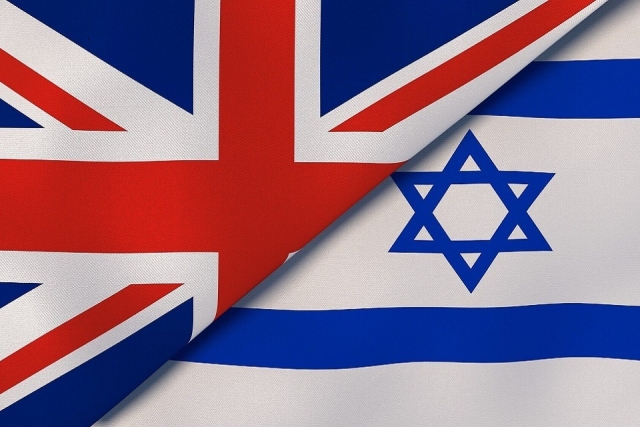Turkish Roketsan to Produce ATMACA Anti-ship Missile in Indonesia
Days earlier, Indonesia’s President Prabowo expressed interest in Turkey’s KAAN fighter jet program.
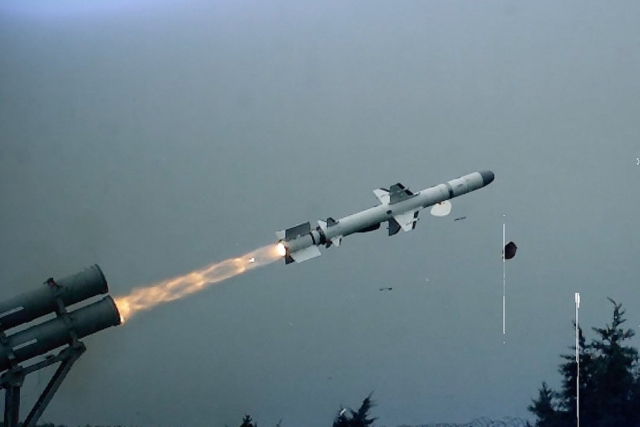
Turkey’s defence firm Roketsan will co-produce the ATMACA anti-ship missile in Indonesia under a new agreement announced at the 2025 Antalya Diplomacy Forum.
The deal, signed between Roketsan and several Indonesian defence companies, covers joint production of not only the ATMACA missile but also cruise missiles and a wide range of smart munitions.
Speaking at the forum, Roketsan CEO Murat İkinci said the agreement marks a strategic shift, aimed at long-term collaboration. “Under the scope of the agreement we signed with Indonesia-based defence industry companies, we will jointly produce the ATMACA anti-ship missile, cruise missiles, and a wide range of smart ammunition systems,” he said.
İkinci added that the partnership includes structured technology transfer and training for Indonesian engineers. “Our priority goals include technology transfer, strengthening Indonesia’s defence industry infrastructure, and implementing comprehensive training programmes.”
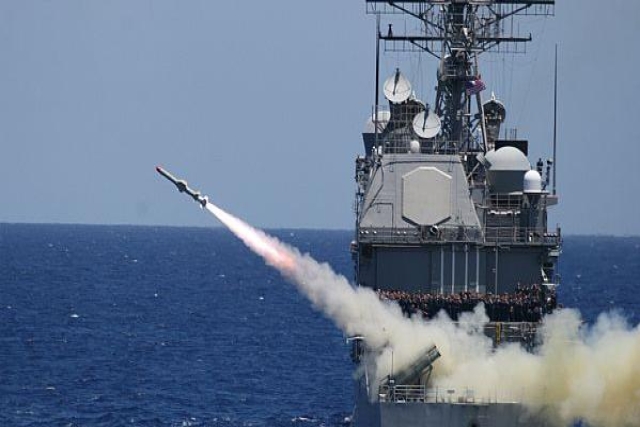
On the sidelines of the forum, İkinci met with Indonesian President Prabowo Subianto. He described the meeting as key to future cooperation.
The framework of the agreement focuses on local production, technical training, and infrastructure development to support Indonesia’s goal of achieving greater self-reliance in missile manufacturing.
The announcement comes just days after President Prabowo met Turkish President Recep Tayyip Erdoğan and expressed Indonesia’s interest in Turkey’s fifth-generation KAAN fighter jet and submarine programs. “Indonesia wants to participate in the development of the KAAN fifth-generation fighter jet as well as in the submarine construction project with Turkey’s defence industry,” Prabowo was quoted as saying by local media.
Indonesia has already taken steps to adopt Turkish missile systems. In 2024, Jakarta became the first international customer of ATMACA with an order for 45 missiles, followed by Malaysia, which selected the system for its Littoral Mission Ship Batch II fleet.
The ATMACA missile has a range of up to 250 kilometres and offers capabilities such as 3D mission planning, mid-course updates, and encrypted datalink control. The missile is comparable to the U.S. Harpoon Block II and French Exocet Block III in range and flexibility.
ATMACA was introduced in 2019 after a decade of development. By 2023, Turkey announced plans to phase out its stock of over 350 U.S.-supplied Harpoon missiles and complete integration of ATMACA into its navy by 2027.
Turkish officials estimate the transition could save over $500 million, with each ATMACA missile costing nearly half the price of its American equivalent.

